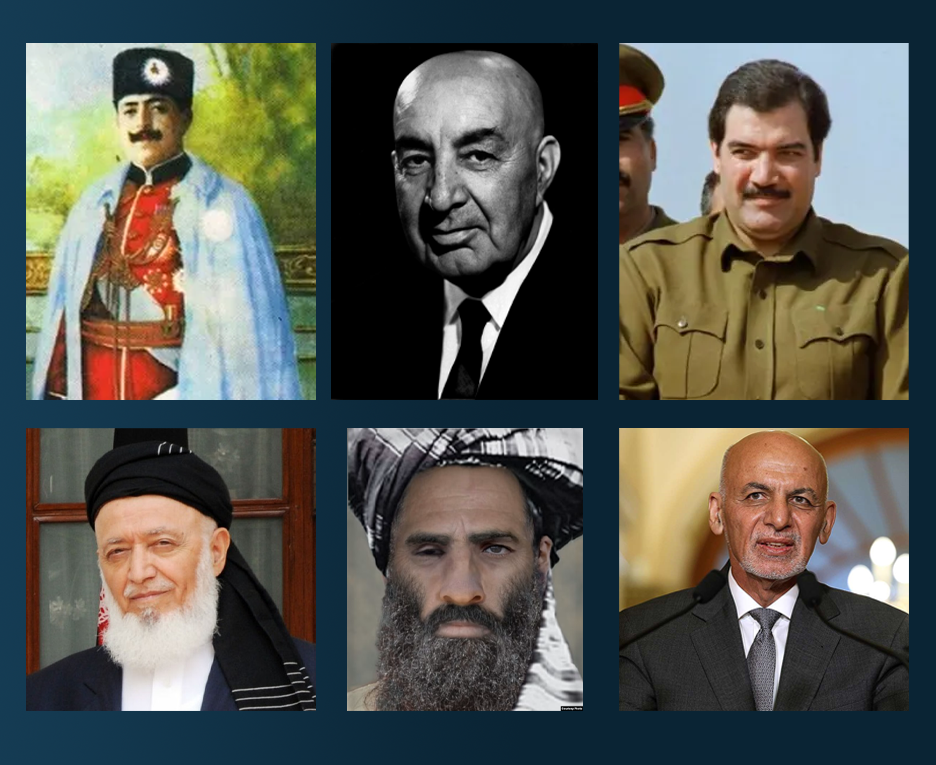In Afghan folklore, a centuries-old belief holds that a total lunar eclipse signals a change in power—what people call “padshah gardishi,” or the “shifting of the king.” Long dismissed as superstition, this idea has taken on renewed intrigue in light of historical patterns. A comparative look at the last century reveals that six total lunar eclipses have coincided with six major regime changes in Afghanistan.
In traditional Afghan communities, celestial events were often seen as omens of political or social upheaval. During total lunar eclipses, villagers and townspeople would gather in mosques for special prayers, known as Salat al-Ayat, believing such rare cosmic occurrences heralded sweeping changes. From this worldview, the term padshah gardishi became part of the cultural vocabulary, linking the night sky to shifts in earthly power.
A review of total lunar eclipses over the past 100 years reveals a striking pattern:
- 1928 (1307 SH): A total eclipse on Azar 6 (November 27). Less than two months later, King Amanullah Khan was deposed, Habibullah Kalakani briefly seized power, and Nader Shah assumed the throne.
- 1978 (1357 SH): A total eclipse on Hamal 3 (March 23), one month before the Saur Coup, which ousted President Daoud Khan and brought the People’s Democratic Party to power.
- 1991 (1370 SH): A total eclipse on Qaws 30 (December 21), just four months before the fall of Najibullah’s government.
- 1996 (1375 SH): A total eclipse on Mizan 5 (September 26), the very day the Taliban captured Kabul, overthrowing the Mujahideen government.
- 2001 (1379 SH): A total eclipse on Jadi 19 (January 9), in the same year that U.S.-led forces toppled the Taliban regime and a transitional authority took over.
- 2021 (1400 SH): A total eclipse on Jawza 5 (May 26), just three months before the Taliban returned to power and seized Kabul.
These coincidences have reinforced belief in the old adage that a blood moon foretells a political turning point. Scientifically, lunar eclipses are predictable astronomical events governed by the mechanics of celestial orbits. They follow a precise cycle and have no causal link to human affairs.
Yet from a cultural sociology perspective, these synchronicities give old beliefs renewed meaning. When people witness a natural phenomenon occurring alongside historical upheaval, myth gains power and is passed on through generations.
The belief in “king-shifting” during a lunar eclipse remains a vivid part of Afghanistan’s oral heritage. While science finds no connection between cosmic shadow and political collapse, the fact that these events have coincided multiple times in recent history keeps the folklore alive—etched in the collective memory and revived every time the moon disappears into darkness.







